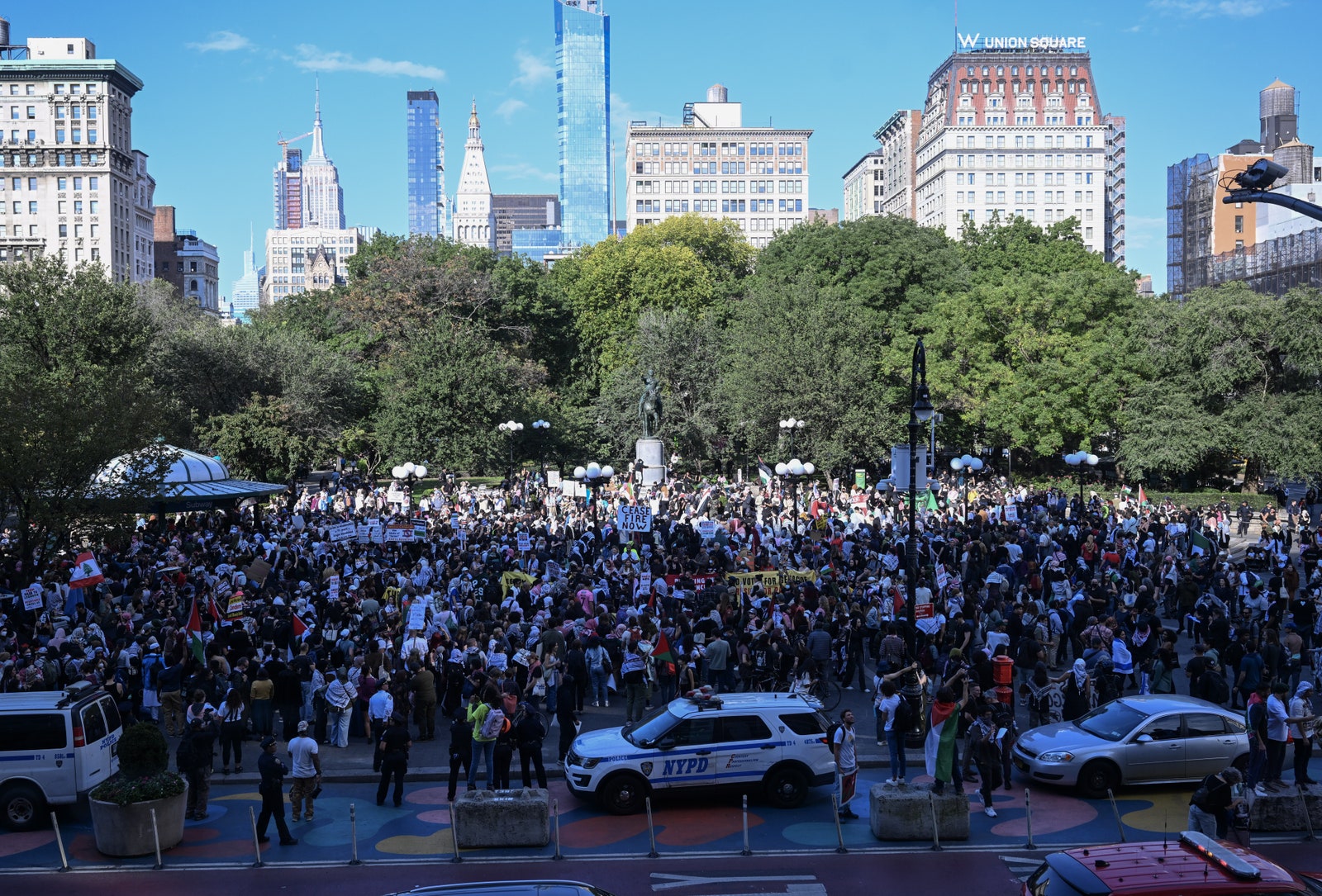On December 16, 1773, a group of protesters in Boston donned handkerchiefs and smeared their faces with soot, disguising themselves as Native Americans, as they hurled tea into the sea. Some of these Boston Tea Partiers were apprentices who worked for pro-government masters and worried about losing their jobs. Others feared retribution from the British crown. Most of the protesters who dumped tea into Boston Harbor still remain unknown, but the conditions making that kind of anonymity possible may be gone forever.
Protesting anonymously is as old as America itself, but Americans’ ability to do so appears to be in jeopardy as government officials across the country push mask bans to hold protesters accountable to law enforcement.
While today’s activists have more reliable communication tools than did Revolutionary War–era agitators, the Boston Tea Party’s ringleaders didn’t have to contend with surveillance technology, like Stingrays that impersonate cell phone towers to track nearby cell phones en masse, geofence warrants that let law enforcement request location data from companies about all the devices in a certain area (often without a warrant), professional social media monitoring firms that maintain scores of clandestine accounts to surveil activists, networks of automated license plate reading cameras that can track protesters’ vehicles, and even gait analysis technologies that can identify someone based on how they walk.
All this tech at law enforcement’s fingertips complicates claims by politicians, in the wake of a nationwide wave of protests, that banning face coverings in public is essential for punishing protesters when they engage in violence or property damage. Instead, privacy experts and activists warn, mask bans could chill free speech and open protesters up to identification and harassment by political opponents.

